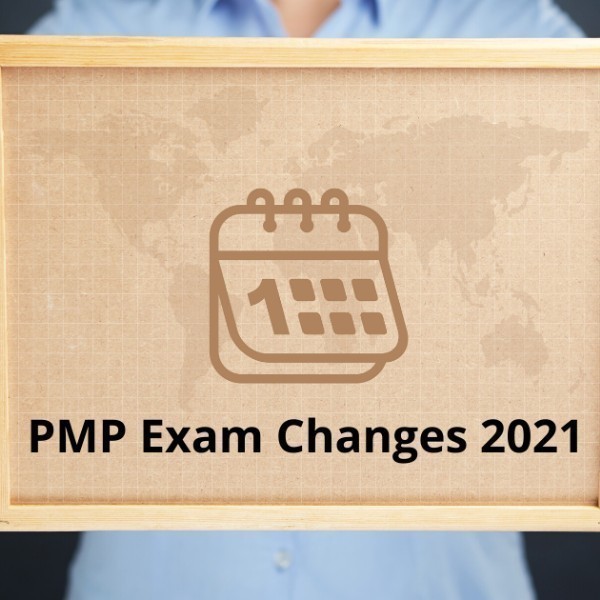CAPM Certification Costs and Exam Structure

CAPM Certification Costs and Exam Structure
What is CAPM Certification?
The Certified Associate in Project Management (CAPM) is a certification offered by the Project Management Institute (PMI) to individuals who wish to demonstrate their understanding of the fundamental knowledge, terminology and processes of effective project management. To be eligible for the CAPM certification, an individual must have a secondary degree (high school diploma, associate's degree or the global equivalent) and at least 1,500 hours of experience working on a project team, or 23 hours of project management education. The certification exam is based on the PMI Guide to the Project Management Body of Knowledge (PMBOK Guide), which outlines the five process groups and nine knowledge areas of project management. Successfully passing the exam demonstrates that the individual has the knowledge and understanding of project management to work on small to medium-sized projects, under the guidance of a more experienced project manager.
Costs and Fee Structure of CAPM Certification
The cost of the CAPM certification varies depending on whether or not you are a member of the Project Management Institute (PMI). If you are a member, the fee is $225. If you are not a member, the fee is $300.
In addition to the certification fee, there may be other costs associated with obtaining the CAPM certification. These may include the cost of preparatory materials such as study guides, practice exams, and online courses, as well as any travel expenses you may incur if you need to attend a review course or testing center.
It's also worth noting that the CAPM certification must be renewed every five years. To maintain the certification, you must earn 60 professional development units (PDUs) and pay a renewal fee. The renewal fee for PMI members is $60, and the renewal fee for non-members is $150.
PMBOK 7th Edition Guide
The Project Management Body of Knowledge (PMBOK) Guide is a standard developed by the Project Management Institute (PMI) that provides a common language and framework for managing projects across a wide range of industries. The PMBOK Guide is widely recognized as the standard for project management and is used as a reference in the development of other project management standards and guidelines.
The PMBOK Guide is updated every few years to reflect the evolving practices and knowledge in the field of project management. The latest edition, the PMBOK Guide - Seventh Edition, was released in September 2020. It includes updates to the guide's content and structure, as well as new information on agile practices and their integration with traditional project management approaches.
The PMBOK Guide - Seventh Edition is organized into six sections:
- Introduction
- The Standard for Project Management
- The Project Management Process Groups
- The Project Management Knowledge Areas
- The Standard for Portfolio Management
- The Standard for Program Management
The PMBOK Guide - Seventh Edition is available for purchase from the PMI website or on Amazon.
Additional Learning Books
There are many books available that can help you prepare for the Certified Associate in Project Management (CAPM) certification exam. Some popular options include:
- "A Guide to the Project Management Body of Knowledge (PMBOK Guide) - Sixth Edition" by the Project Management Institute (PMI): This is the official guide to the PMBOK, and it is a comprehensive resource that covers all of the knowledge areas and processes outlined in the exam.
- "CAPM Exam Prep, Third Edition" by Rita Mulcahy: This book is specifically designed to help you prepare for the CAPM exam, and it includes practice questions, study tips, and test-taking strategies.
- "PMP Exam Prep, Eighth Edition" by Rita Mulcahy: This book is geared towards preparing for the Project Management Professional (PMP) exam, but it covers many of the same concepts as the CAPM exam and can be a helpful resource for CAPM exam preparation as well.
- "Head First PMP" by Jennifer Greene and Andrew Stellman: This book uses a unique visual approach to teaching project management concepts and can be a helpful resource for those who learn better through visual aids.
- "CAPM/PMP Project Management Certification All-In-One Exam Guide, Third Edition" by Joseph Phillips: This comprehensive guide covers all of the knowledge areas and processes outlined in the CAPM and PMP exams, and it includes practice questions and exam-taking strategies.
When choosing a study guide, it's important to consider your learning style and the amount of time you have available for studying. It may also be helpful to look for a guide that includes practice questions and test-taking strategies, as these can help you better understand the format of the exam and increase your chances of success.
CAPM Simulation Test
The cost of a simulation test for the Certified Associate in Project Management (CAPM) certification exam can vary depending on the provider. Some providers offer free simulation tests, while others charge a fee.
It's worth noting that simulation tests are just one way to prepare for the CAPM exam. Other study resources may include review courses, study guides, and practice exams. The cost of these resources can also vary.
If you are looking for a simulation test, it's a good idea to do some research to find a provider that offers high-quality tests at a reasonable price. It may also be helpful to read reviews from other individuals who have used the provider's simulation tests to get an idea of their effectiveness.
Keep in mind that while simulation tests can be a useful study tool, it is important to also study the PMI Guide to the Project Management Body of Knowledge (PMBOK Guide) and other resources in order to gain a thorough understanding of the concepts covered on the exam.
Eligibility Criteria of the CAPM Exam
To be eligible to take the Certified Associate in Project Management (CAPM) exam, an individual must meet the following requirements:
- Have a secondary degree (high school diploma, associate's degree, or the global equivalent)
- Have at least 1,500 hours of experience working on a project team or 23 hours of project management education.
If you meet these requirements, you can apply to take the CAPM exam through the Project Management Institute (PMI). The application process involves completing an online form and paying the exam fee.
It's worth noting that the CAPM exam is based on the PMI Guide to the Project Management Body of Knowledge (PMBOK Guide), which outlines the five process groups and nine knowledge areas of project management. It is recommended that you have a thorough understanding of these concepts in order to be successful on the exam.
Benefits of CAPM Certification
There are several benefits to obtaining the Certified Associate in Project Management (CAPM) certification, including:
- Improved credibility: The CAPM certification demonstrates to employers and clients that you have a strong understanding of the fundamental knowledge, terminology and processes of project management. This can increase your credibility and make you more competitive in the job market.
- Increased earning potential: According to the Project Management Institute (PMI), individuals with a CAPM certification tend to earn higher salaries than those without one.
- Professional development: Obtaining the CAPM certification requires a commitment to learning and staying up-to-date on the latest project management practices. This can help you improve your skills and advance your career.
- Enhanced career opportunities: The CAPM certification can open up new career opportunities and may make you eligible for more advanced positions within your organization.
- Global recognition: The CAPM certification is recognized and respected globally, which can be beneficial if you are interested in working on international projects.
- Networking opportunities: As a CAPM certified individual, you will have access to a network of other professionals with similar interests and goals, which can be a valuable resource for career development and personal growth.
Roles of Certified Associate in Project Management (CAPM)
The Certified Associate in Project Management (CAPM) certification is geared towards individuals who are just starting out in the field of project management or who are looking to improve their skills and knowledge. As a CAPM-certified individual, you may be responsible for any of the following roles:
- Project team member: You may work on a project team and assist the project manager in planning, executing, and controlling projects.
- Project coordinator: You may be responsible for coordinating the activities of a project team and ensuring that project tasks are completed on time and within budget.
- Project scheduler: You may be responsible for creating and maintaining project schedules, including tasks, dependencies, and resource assignments.
- Project risk manager: You may be responsible for identifying and analyzing project risks and developing plans to mitigate them.
- Project quality manager: You may be responsible for ensuring that project deliverables meet the required quality standards.
- Project communication manager: You may be responsible for managing the flow of information between project stakeholders, including team members, clients, and stakeholders.
It's worth noting that the specific roles and responsibilities of a CAPM certified individual will depend on the organization and the specific project they are working on.
Learners Ink 2019 - | All Rights Reserved



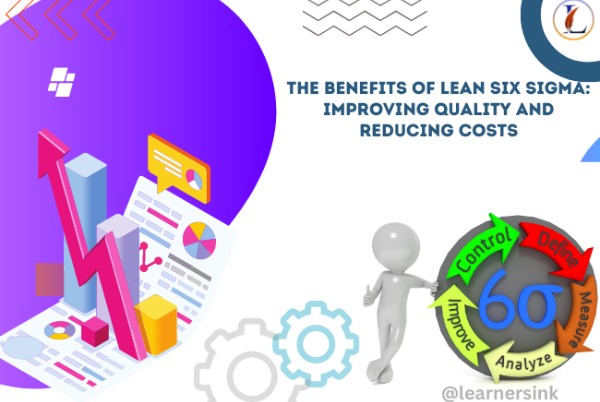






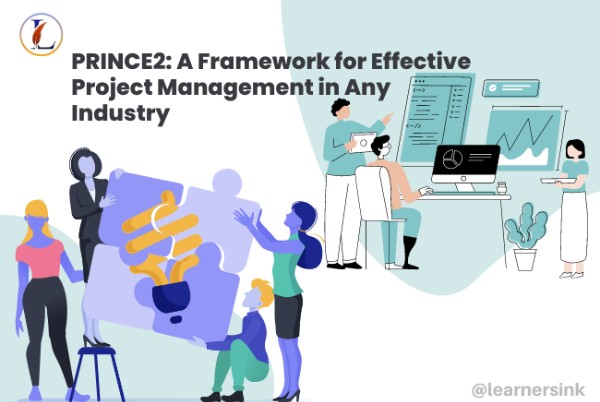
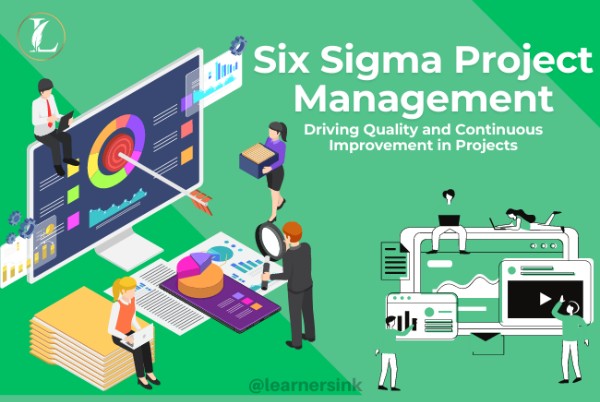







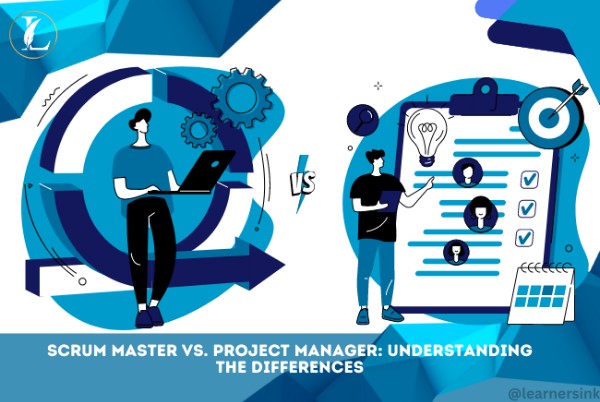







































.jpg)
